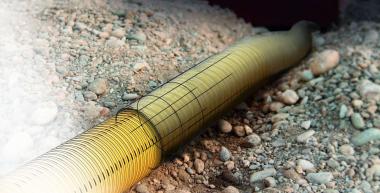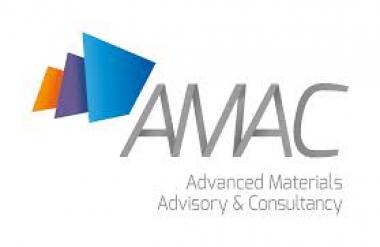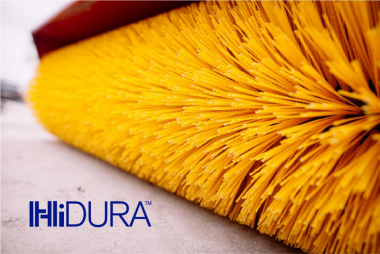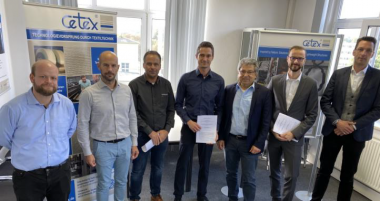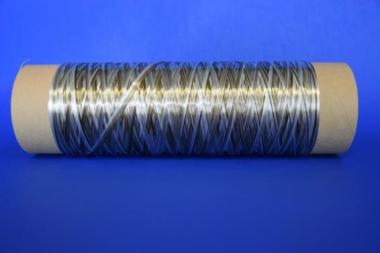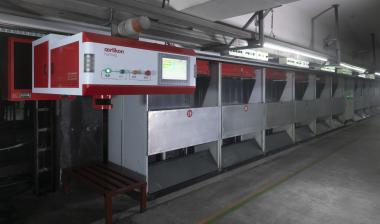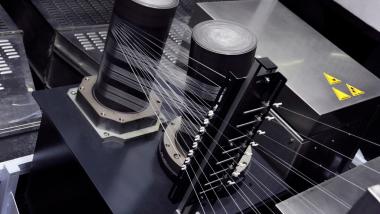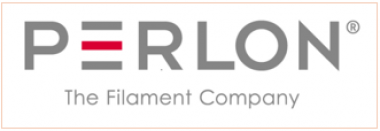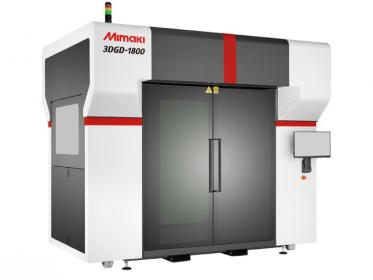vombaur: Filtration textiles
From the drinking water and food industries through water management and mining to the automotive and aviation sectors, mechanical filtration processes are used in almost every industry. As different as the methods, dimensions and special requirements of the filtration process are in each case – technical textiles and often tubular filters are almost always used. This means that tubular filters and narrow textiles by vombaur contribute to the safe and reliable separation or treatment of substances in the widest variety of filtration processes.
Individual solutions
The requirements placed on the textile, the material, the flow rate and the loading capacity of the filters depend on the respective use: a tubular for dewatering soil needs to withstand different forces than a tubular filter for the beverages industry. On the other hand, the latter needs to meet the highest hygiene standards. Because the requirements are so individual, vombaur develops customised filtration textiles for its customers all over the world.
Seamless tubular filters
At vombaur, filter media are round woven seamlessly on unique looms. As a result, they have identical surface properties all around and over the entire length, such as flow rate, loading capacity, shrinkage behaviour or material thickness
Narrow textiles for fabricating filter media
"We manufacture our narrow textiles from a wide variety of high-tech yarns. Sometimes monofilament yarn is used, sometimes multifilament, sometimes spun yarn. Like the type of weave, we select the raw materials depending on the function they need to fulfil," emphasises Gert Laarakker, Sales Manager at vombaur. "So that our filtration textiles reliably perform the job they are supposed to perform. Clean. Safe. Sturdy."
stotz-design.com GmbH & Co. KG


